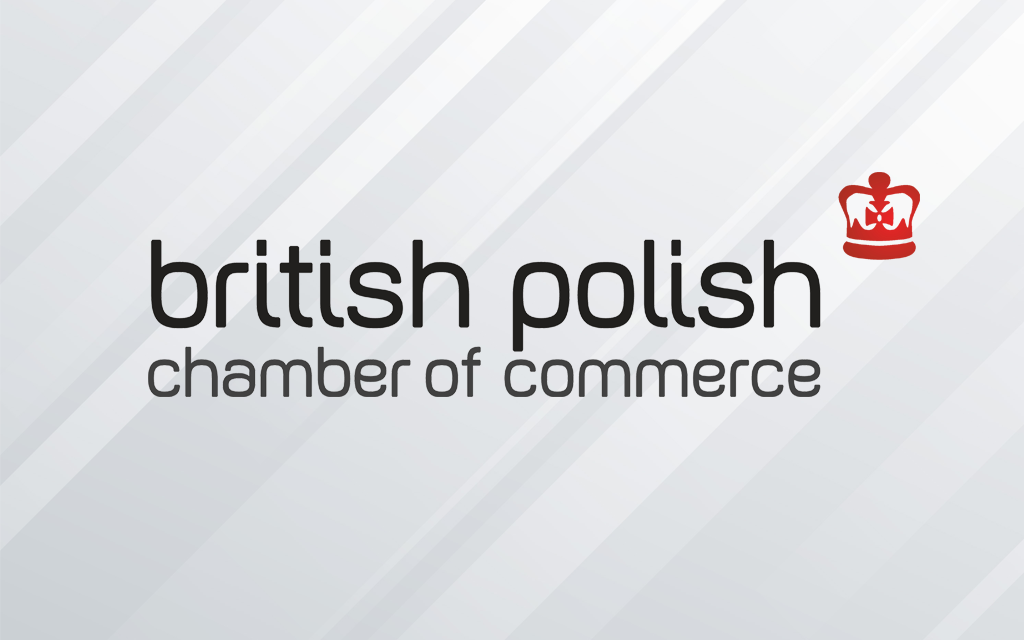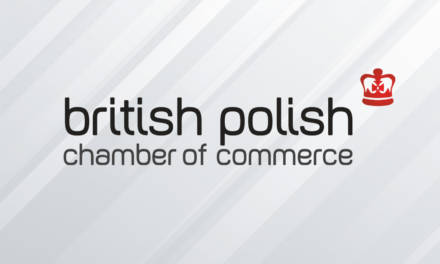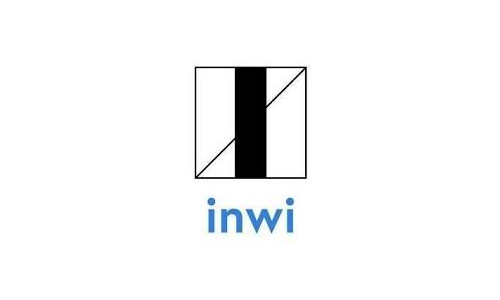Every day, our world becomes more and more interconnected. When it comes to business, this means more cross-cultural interactions among colleagues, partners, and organizations.
Whether it’s face-to-face or virtual, international or local, chances are you work with people from a variety of backgrounds and orientations. And, chances are, your company is looking further and further afield for opportunities.

Unfortunately, though many business leaders see the need for cultural competence in their organizations, they do not always pursue intercultural learning initiatives. In a recent study, the Economist Intelligence Unit surveyed over 500 executives from around the world about their current international business and their plans for global engagement and here’s what they found.
Research findings
 When asked about the challenges they faced while competing in global markets, the executives surveyed specifically mentioned cross-border communication and collaboration.
When asked about the challenges they faced while competing in global markets, the executives surveyed specifically mentioned cross-border communication and collaboration.
Fifty percent of respondents said that misunderstandings had impeded their international business dealings, which resulted in financial losses for their company. A number of executives pointed out the importance of clarity in intercultural communication, calling it just as critical as financial gain.
Meanwhile, 90 percent said that a better understanding of intercultural communication would improve their company’s revenue and market share, and that actions should be taken to educate employees regarding cultural differences. Yet only 47 percent said that their companies had any intercultural training programs in place.
How to increase cultural competence in the workplace
 It’s obvious that cultural competence is essential for today’s businesses. So how can you help members of your organization gain and leverage cultural understanding for better communication and collaboration? Recent research by The Georgetown Consortium Project can provide some answers. The study shows that while making a concerted effort to learn about other cultures is beneficial to employees, it is intentional, persistent, and focused self-reflection that leads to greater understanding and cultural competence.
It’s obvious that cultural competence is essential for today’s businesses. So how can you help members of your organization gain and leverage cultural understanding for better communication and collaboration? Recent research by The Georgetown Consortium Project can provide some answers. The study shows that while making a concerted effort to learn about other cultures is beneficial to employees, it is intentional, persistent, and focused self-reflection that leads to greater understanding and cultural competence.
In essence, although reading about cultures, traveling, and learning a new language are important and life-enriching, a deep level of cultural competence comes from a knowledge of your own self.
This is a long-known truth. As the ancient Greeks inscribed on the Temple of Apollo, “Know Thyself” is a lesson that has guided countless people over the millennia.
The importance of self-awareness
Self-awareness is a complex concept. There are so many aspects that comprise who you are and how you show up in the workplace. Where you grew up, the size and makeup of your family, your ethnicity and socioeconomic status, your educational background, and any training you received are all factors that influence who you are now. Recognizing the complexity of culture helps you understand why you and those around you have certain preferences, and it lets you come up with solutions to gaps that could stall work with people with different backgrounds.
When you take time to reflect on your cultural beliefs, values, and orientations, your senses of openness and empathy increase. From there, learning to understand and work with people from different backgrounds – whether at home or abroad – is a much smoother and more enjoyable process.



























